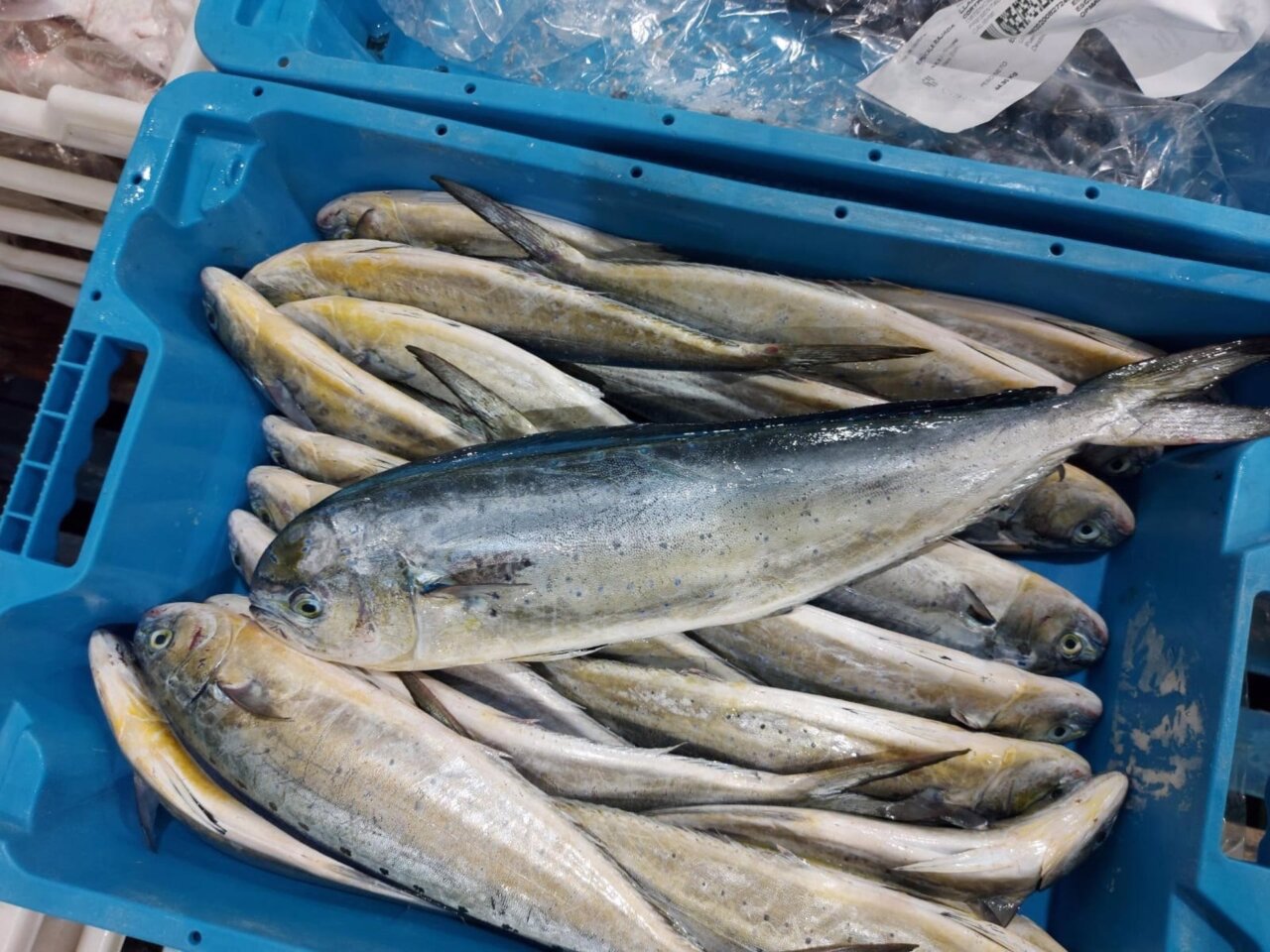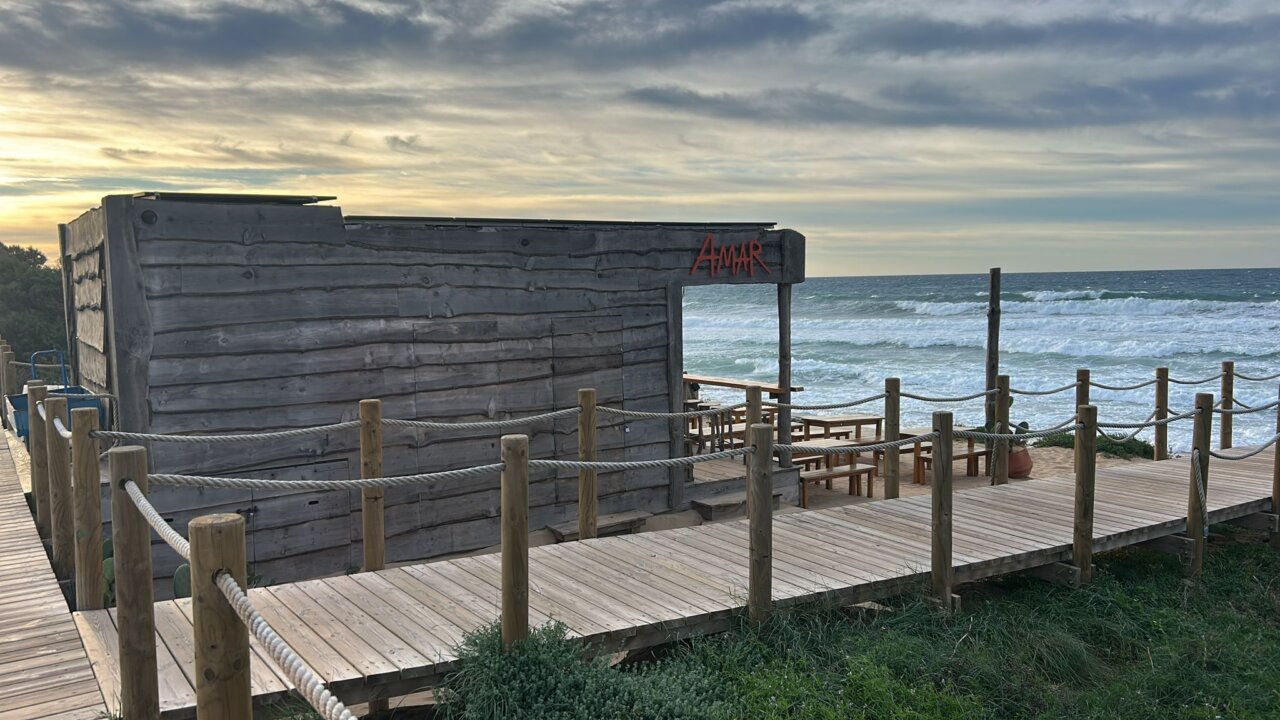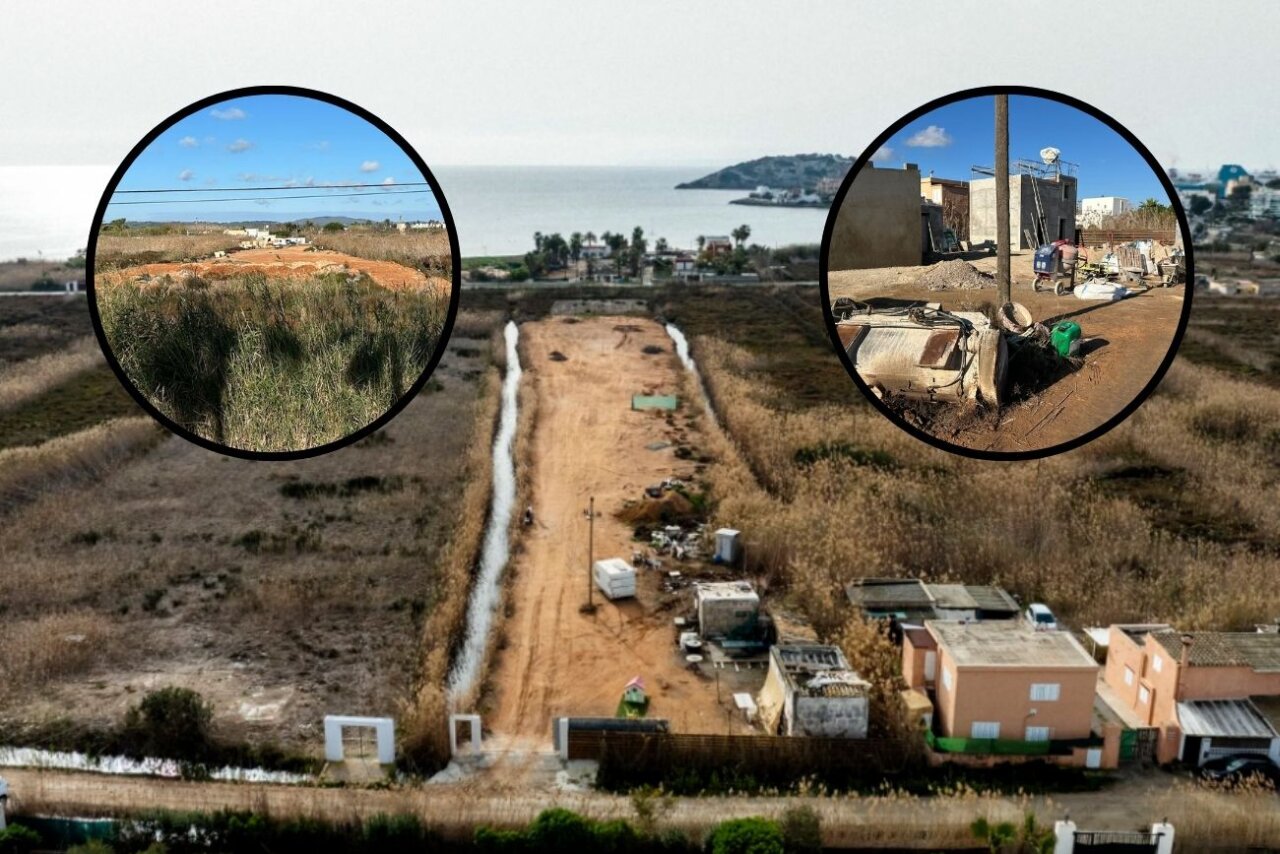Recreational fishing is a legal and widespread activity throughout Spain, but its real impact on fish stocks remains unknown. The European Commission seeks to change this situation with a new obligation: from January 10, 2026, Member States will have to declare all recreational catches.
To anticipate this change, the Spanish Institute of Oceanography (IEO-CSIC) has launched the RECRIEO project, which will analyze for the first time throughout the country the magnitude and characteristics of this practice, currently booming. It is estimated that between 900,000 and 1.2 million people practice it in Spain, according to Menorca newspaper.
Balearic Islands, the epicenter of recreational activity
The Balearic Islands stand out as one of the territories with the highest fishing and recreational boating activity in the country. 16.3% of the recreational boats registered in Spain in 2025 correspond to the archipelago.
In addition, according to data from the Conselleria d’Agricultura i Pesca, there are 52,512 recreational fishing licenses in force:
-
39,208 individuals
-
11,191 of vessels
-
1,592 spearfishing
-
521 sport fishing
IEO researchers Miguel Cabanellas and Sandra Mayol will be in charge of collecting data in the islands and monitoring the practice.
A scientific challenge: beachside surveys
The project plans to carry out 2,229 annual surveys throughout the country, 120 of them in the Balearic Islands. About ten interviews per month on beaches, ports and fishing areas will show what is caught, how much and by whom.
“The goal is to create a national data plan to model the impact of recreational fishing,” explains Cabanellas. But he admits the difficulty: “In the short term it is a utopia to get all fishermen to declare their catches, especially those that do not always fall under the law”.
The researcher stresses that the value of the project will be especially visible in the medium and long term, when there is a solid historical series that will make it possible to detect trends and estimate how much of the catch is left out of the record.
Most pressured species: yellowtail, llampuga, squid and greenfin tuna.
In the Balearic Islands, the pressure on species of high commercial and social value is evident. “The llampuga and the raor are two of the most coveted species by both recreational and professional fishermen,” says Cabanellas. Both fetch high prices in the fish market.
Squid, octopus, dentex and verderol also suffer considerable overexploitation. In addition, their ecological importance is high, as many of these species are at the top of the food chain.
In recent years, the Government has opened sanctioning proceedings for the illegal sale of recreational catches, a prohibited practice that the professional sector has been denouncing for some time.
A revealing antecedent: 34% of the squid in Palma Bay
The impact of recreational fishing was evidenced in a previous study conducted by Cabanellas in his thesis at Imedea. Between 2009 and 2014 he determined that, in the Bay of Palma alone, recreational fishermen caught 34% of the squid obtained by the entire commercial fleet of the Islands.
A European obligation to improve sustainability
The EU is seeking to improve the quality of fisheries data and include recreational catches in stock assessments, something that several northern European countries are already doing. The explosion of recreational boating during the pandemic accelerated concern about this activity.
“Having reliable and continuous data is essential to ensure the sustainability of marine resources,” says Paz Jiménez, researcher at the IEO in Cádiz and head of the RECRIEO project.
A comprehensive study with impact on future management
RECRIEO will also address:
-
Fishing effort and activity zones
-
Biological data of the species captured
-
A socioeconomic analysis of the sector
-
Technical recommendations to the General Secretariat of Fisheries
The project is coordinated by a multidisciplinary team of 20 scientists from eight IEO centers. At the end of September they held the first working meeting to design the surveys and the sampling strategy.
Will there be restrictions in the future?
Although confirming the impact of recreational fishing could lead to new limitations, experts recall that these measures often favor species recovery and ensure long-term sustainable activity.
“It is important to make the industry understand that this is in their best interest,” Cabanellas concludes.









